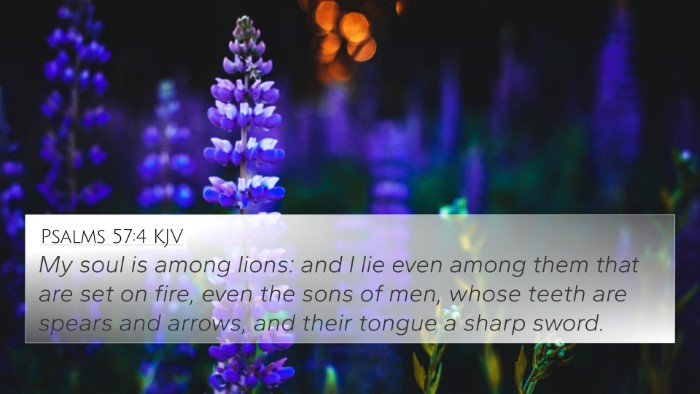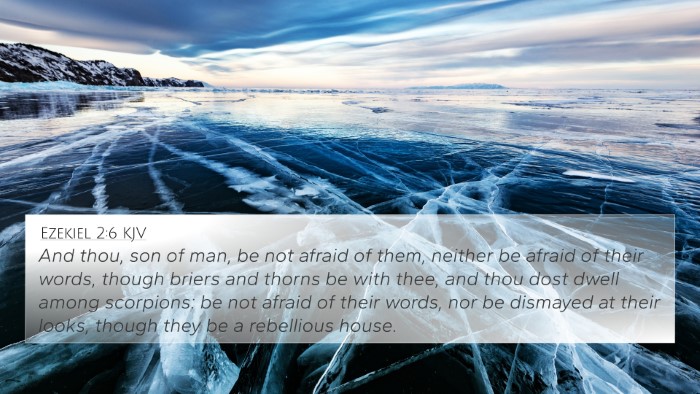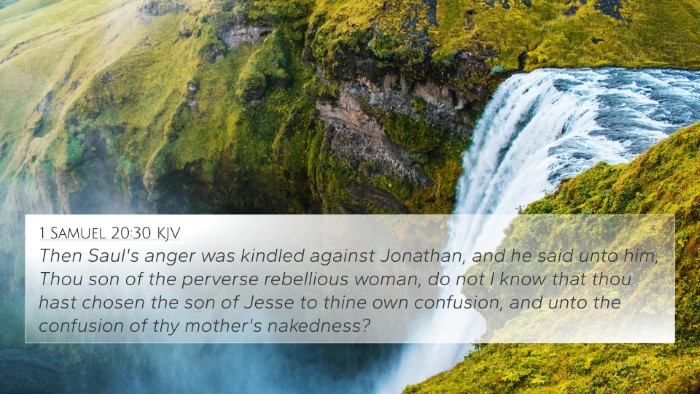Psalms 120:6 states, "My soul hath long dwelt with him that hateth peace." This verse opens a contemplative window into the heart of the psalmist, revealing deep feelings of alienation and conflict. The utterance underscores a period of distress marked by prolonged engagement with those who oppose peace, showcasing an impactful emotional state worthy of exploration.
According to Matthew Henry, this verse reflects the psalmist's lamentation over his association with people who are conflictual. The phrase "my soul hath long dwelt" indicates a wearisome state and suggests that the environment surrounding the psalmist is hostile, which may lead one to ponder the significance of peace and the distress of living among those who oppose it.
Adam Clarke adds that the references to "hateth peace" could symbolically signify the broader struggles individuals face when surrounded by adversaries. Clarke emphasizes that this sentiment of estrangement may not just apply personally, but broadly speaks to societal conditions where peace is minimal, and discord reigns. This theme resonates throughout scripture, connecting the audience with the cry for peace in a tumultuous world.
Furthermore, Albert Barnes interprets this verse as a reflection on the persistence of conflict. He suggests that "dwelling" with those who "hateth peace" implies an ongoing strife and turmoil in relationships. It also symbolizes the psalmist's struggle with the reality of contention and how it tends to wear down one's spirit over time.
Cross-References to Psalms 120:6
- Psalms 34:14 - "Depart from evil, and do good; seek peace, and pursue it." This verse beckons individuals to consciously seek peace, contrasting the challenges highlighted in Psalms 120:6.
- Psalms 120:7 - Following directly from the previous verse, it outlines the feeling of a desire for peace amid hostile surroundings.
- James 3:18 - "And the fruit of righteousness is sown in peace of them that make peace." Here, the connection arises between the outcome of pursuing peace and the challenges in Psalms 120:6.
- Romans 12:18 - "If it be possible, as much as lieth in you, live peaceably with all men." This thematic connection reinforces the psalmist’s plea for peace amidst aggression.
- Matthew 5:9 - "Blessed are the peacemakers: for they shall be called the children of God." It emphasizes that despite the psalmist's experience, there is a divine calling to actively pursue peace.
- Isaiah 26:3 - "Thou wilt keep him in perfect peace, whose mind is stayed on thee: because he trusteth in thee." This can counterbalance the distress of living among the contentious.
- 2 Timothy 2:22 - "Flee also youthful lusts: but follow righteousness, faith, charity, peace, with them that call on the Lord out of a pure heart." This verse highlights the choice to pursue peace amidst conflict.
Thematic Connections
The journey of the psalmist reflects deeper theological themes present in both the Old and New Testaments. The struggle for peace amidst turmoil resonates within thematic biblical connections that encourage readers to explore further cross-references to enhance their understanding. The quest for peace is a recurring theme among biblical writers, emphasizing God's overarching desire for harmony and reconciliation.
Exploring Biblical Parallels
To delve into the connections between Bible verses, one can utilize various tools such as bible concordance or a bible cross-reference guide. These resources provide a structured way of engaging with the text and understanding the comparative Bible verse analysis. By examining parallels and thematic elements in scripture, individuals can uncover profound insights pertaining to their spiritual journeys.
Tools for Bible Cross-Referencing
In studying verses like Psalms 120:6, many faithful engage in cross-reference Bible study methods. This involves intentionally seeking out related verses and investigating the intricate inter-Biblical dialogue that enriches comprehension. Resources available for bible reference can guide believers through a more profound appreciation of biblical texts.
Conclusion
In conclusion, Psalms 120:6 serves as a poignant reminder of the personal and communal struggles surrounding peace. The psalm's expression encapsulates the essence of human experience amid conflict. By integrating insights from various commentators, along with scriptural cross-referencing, one can attain a more profound understanding of the challenges and divine appeals for peace throughout the scriptures.








